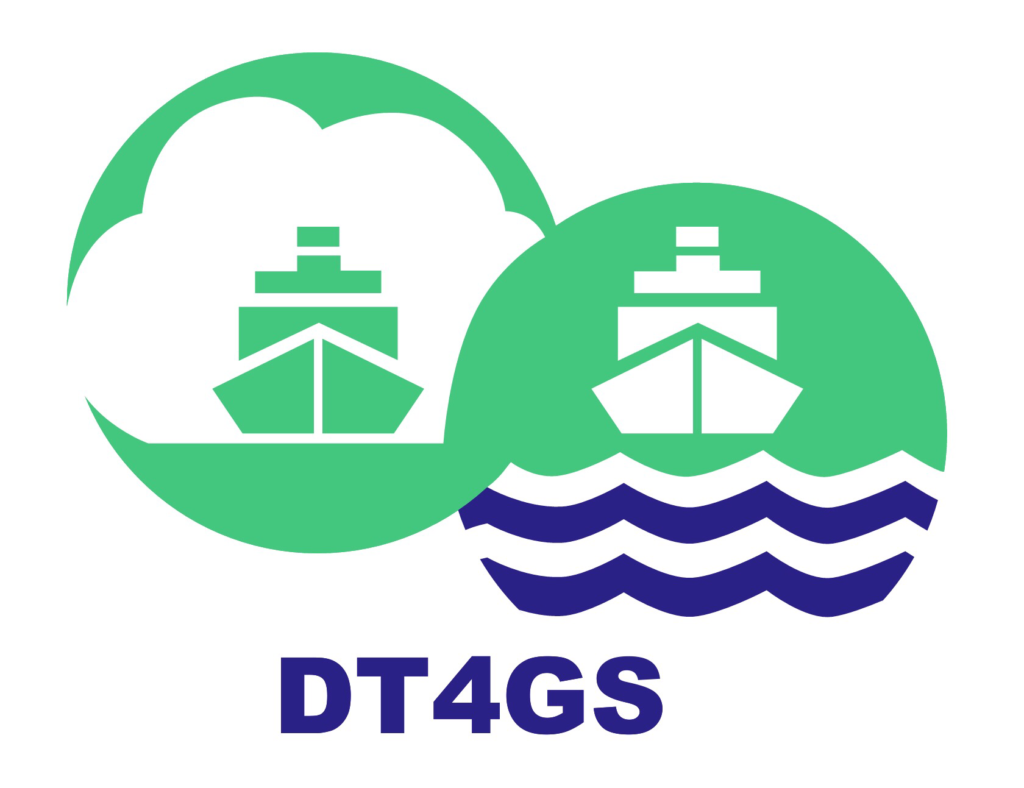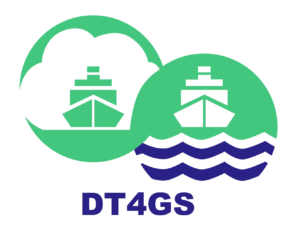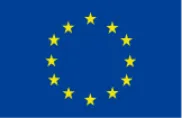In the ongoing project to develop a comprehensive methodology for applying Digital Twins in the design and production of green autonomous vessels, RINA-S has played a key role in enhancing the task led by Delft University of Technology (TUD). The focus is on integrating advanced modeling, monitoring, and control techniques to enable more sustainable shipping operations. The task builds on TUD’s expertise in green shipping concepts, ship layout, and the modeling of power, propulsion, and auxiliary systems, while extending knowledge from various public research initiatives.
TUD delivered the initial version of the design method (V1.0) in June 2023, which has since received feedback from several partners. This design method serves as the basis for an e-book chapter submitted as part of the project. Ongoing revisions are incorporating project lessons learned (LL data) and exploring wind-assisted sail propulsion (WASP) options. An extended literature review on Digital Twin (DT)-enabled ship design and production is also underway, with delivery expected in the fall.
RINA-S made significant contributions by conducting an in-depth analysis of TUD’s literature study, including a review of a paper by Julian Hermans (Oct. 2023). Their recommendations focused on refining the ship design process and addressing relevant regulatory aspects, which are being considered for inclusion in upcoming deliverables, D1.4 and D1.6. This input ensures the methodology aligns with current regulatory frameworks and industry best practices.
The task aims to develop a modeling framework for intelligent shipbuilding that covers all stages of a ship’s lifecycle, including design, production, management, and service, paving the way for sustainable and smart shipbuilding solutions.
DT4GS has received funding from the Horizon Europe framework programme under Grant Agreement No 101056799.





